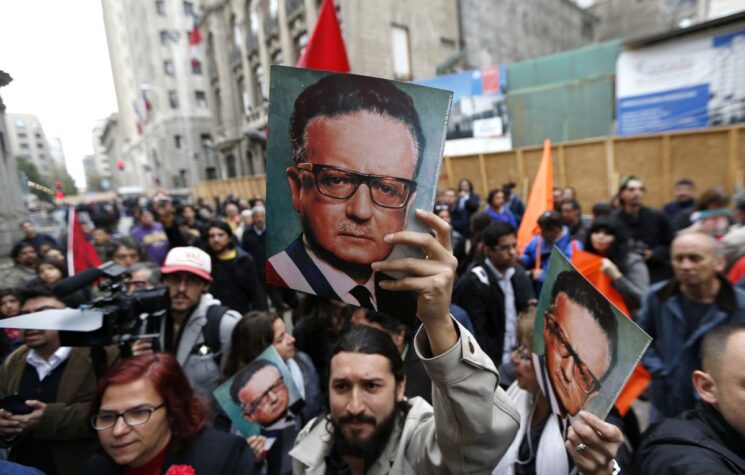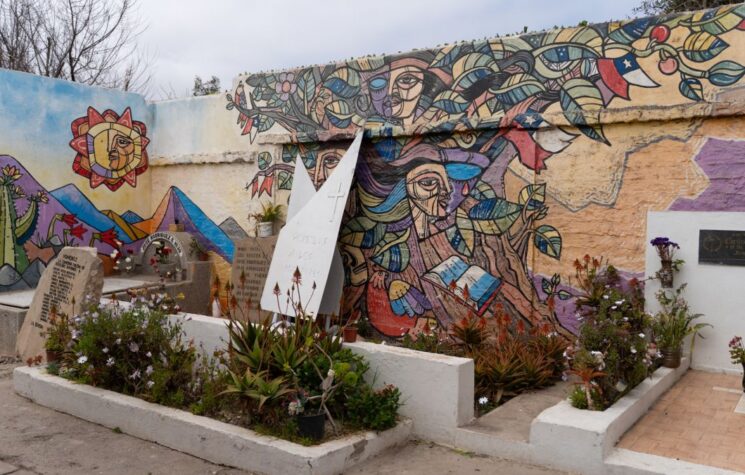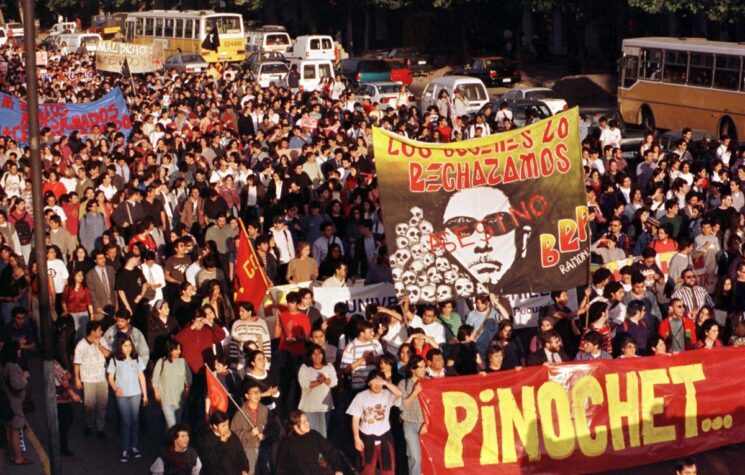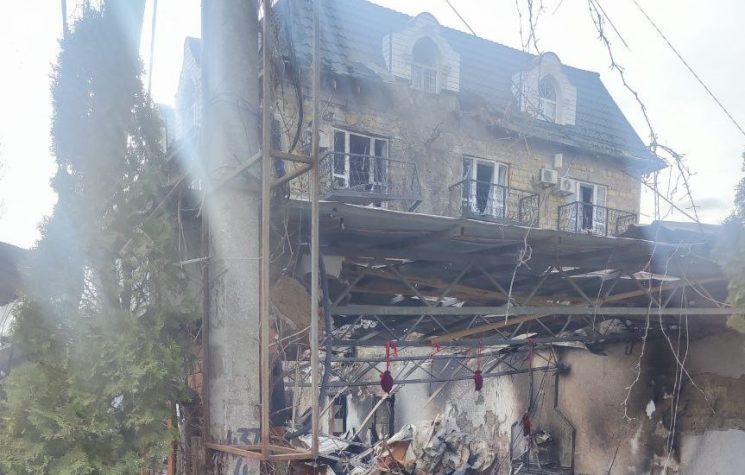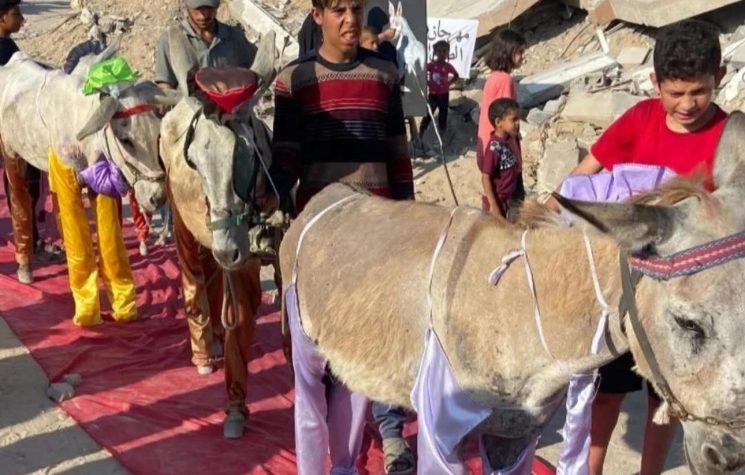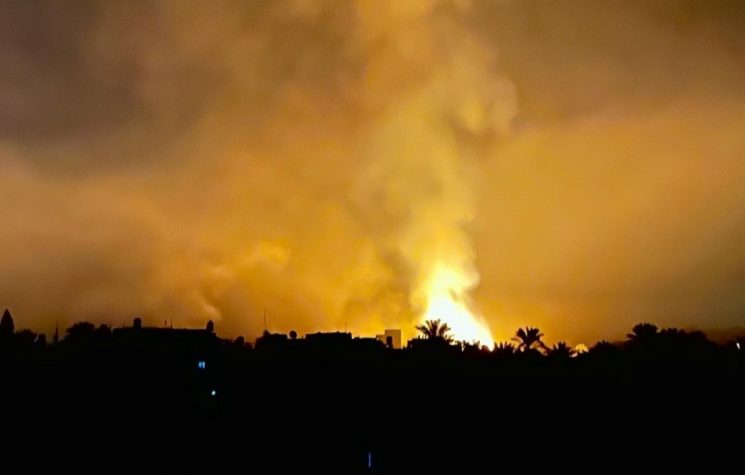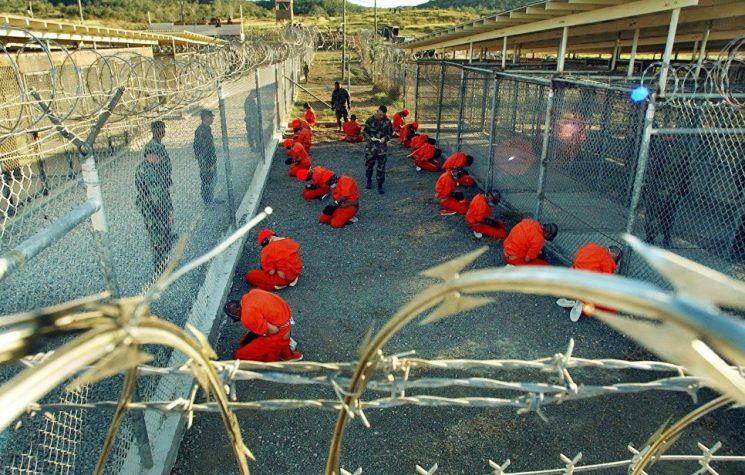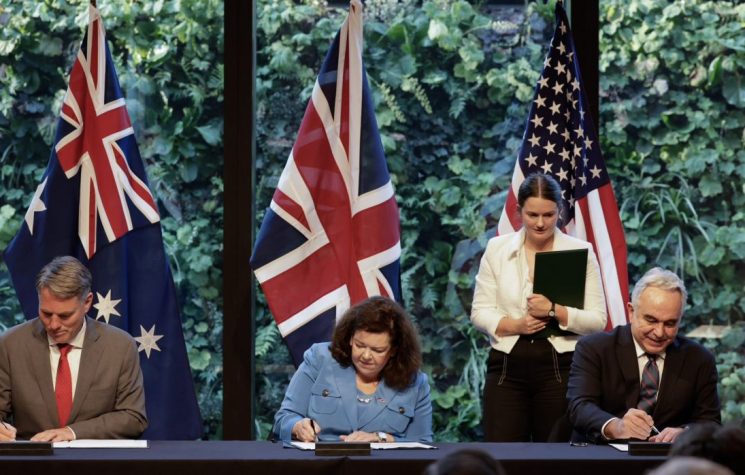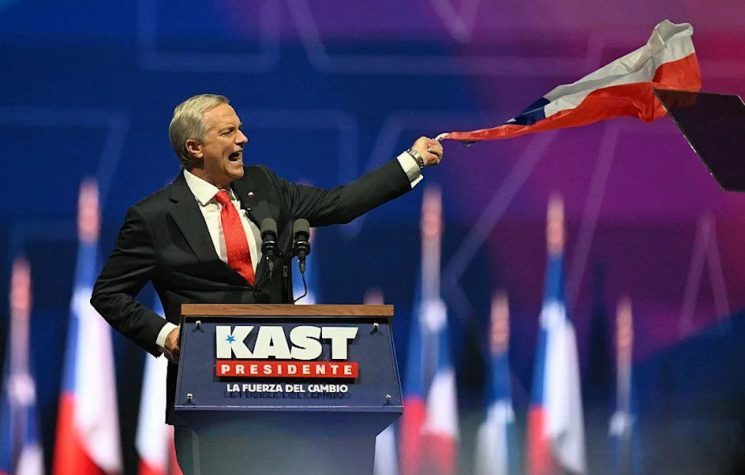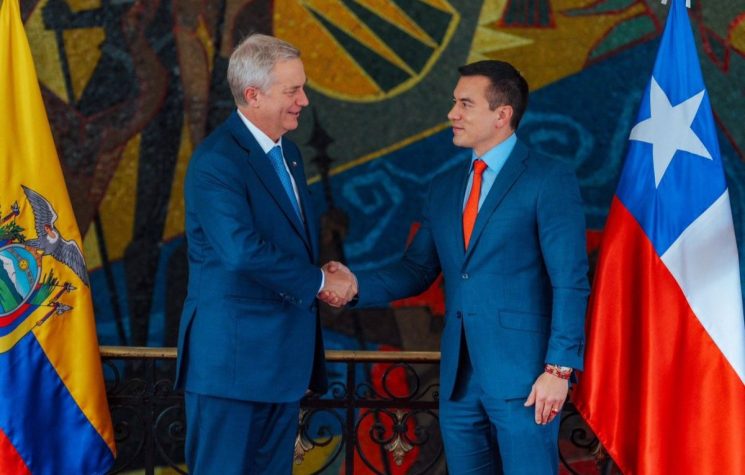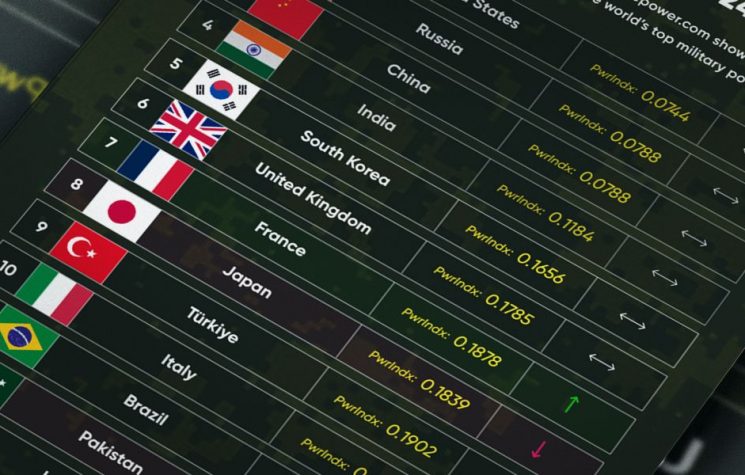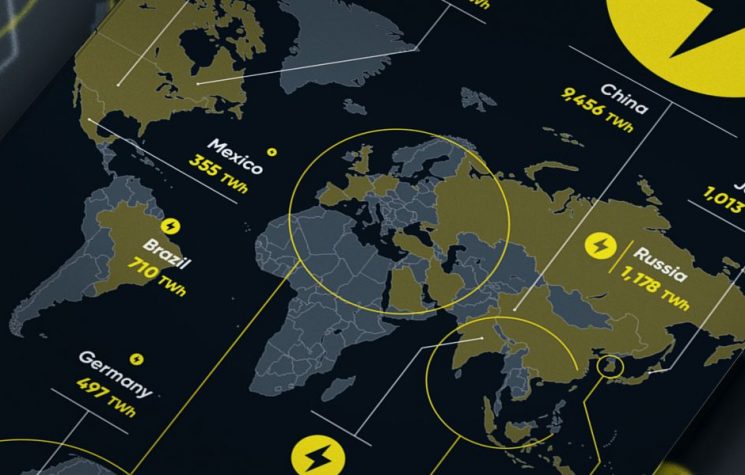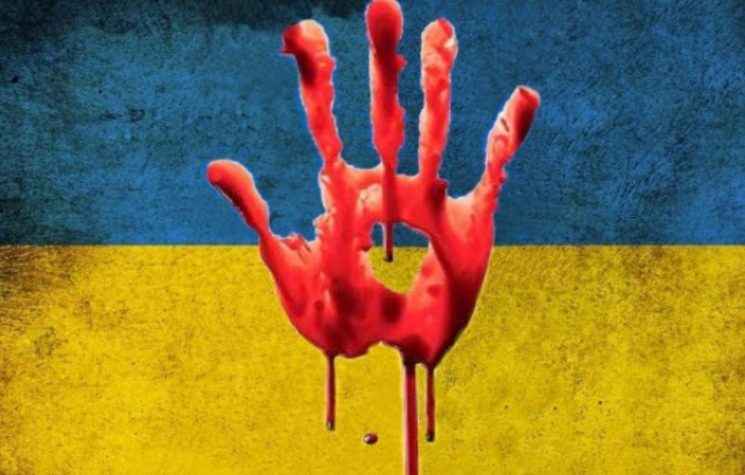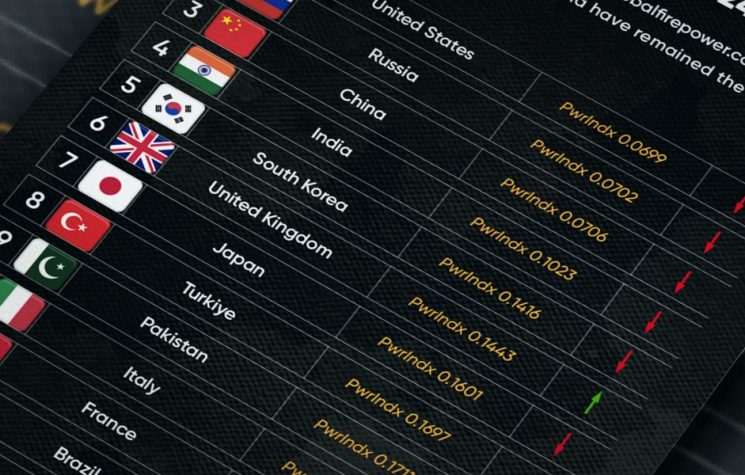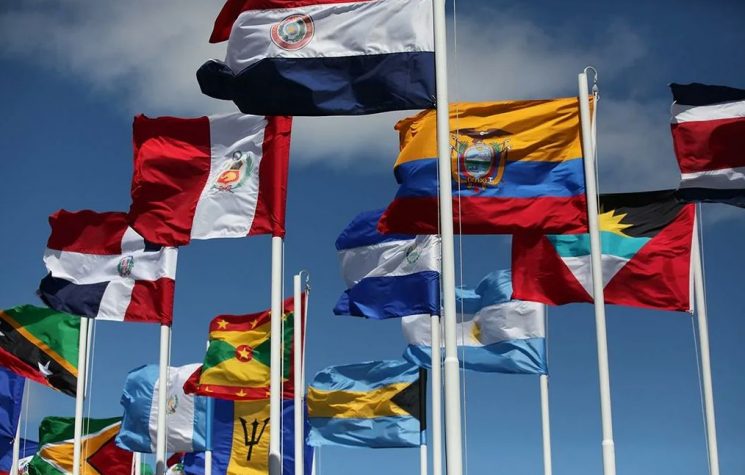With Rivas one step closer to facing the Chilean courts, pressure should be ramped up for further disclosure on Australia’s duplicitous role, and how it might be contributing towards the oblivion and impunity enacted by Pinochet.
Chile’s dictatorship operated over 1,200 detention and torture centres, yet Cuartel Simon Bolivar was its best kept secret until Jorgelino Vergara Bravo, a former errand boy for the National Intelligence Directorate (DINA) chief Manuel Contreras, revealed its existence as “the place where no one got out alive.” Vergara, known as El Mocito, gave testimony which placed the feared Lautaro Brigade as commanding operations at the site, notably extermination and disappearance of dictator Augusto Pinochet’s political opponents.
Among the agents named by Vergara was Adriana Rivas, a former secretary to Contreras who also worked at Cuartel Simon Bolivar. Vergara’s testimony places her as an agent directly participating in torture. “Generally, when Adriana Rivas participated in the torture of the detainees, she beat them with sticks, she kicked them, punched them and also applied an electric current to the political prisoners,” Vergara stated.
In an interview with the Australian news outlet SBS in 2013, Rivas praised the dictatorship and normalized its torture methods, but denied being involved in the proceedings. Torture was necessary, she declared, to “break people.” Her stint with DINA, she said, opened her to new glamorous experiences and meeting influential people.
Rivas had managed to abscond from Chilean justice. She was arrested in 2006 and fled to Argentina while out on bail, after which she escaped to Australia in 2010 where she worked as a nanny in Sydney. As relatives of the disappeared ramped up their quest for justice in Chile, Chileans in Australia also clamoured for Rivas’s extradition, to face justice for her role in the detention, torture and killing of seven political prisoners of the dictatorship: Victor Diaz, Hector Veliz, Fernando Navarro, Reinalda Pereira, Lincoyan Berios, Horacio Cepeda and Fernando Ortiz.
In 2014, Chile requested Rivas’s extradition from Australia. Five years later, Australia was still dragging its feet over whether Rivas was extraditable to face justice for crimes of humanity. Rivas was arrested in 2019 and denied bail.
Rivas is the notoriously outstanding example of how Australia offered safe haven to torturers and victims alike. The narrative, at least for Rivas, is about to change with the latest rejected appeal by the New South Wales Federal Court, which has ruled the former torturer extraditable to Chile.
The former DINA agent has claimed she had no idea of what happened at Cuartel Simon Bolivar. In the latest appeal, her lawyer Frank Santisi argued that since DINA was set up by the dictatorship, it did not constitute an unlawful organization at the time it operated, and that there was no testimony that placed Rivas at Cuartel Simon Bolivar. Vergara’s testimony, however, is adamant on her presence and role at the torture and extermination centre.
Santisi also mentioned Pinochet’s Amnesty Law, which sought impunity for all agents involved in crimes against humanity. However, many DINA agents have been convicted in Chile, including Contreras himself and other prominent torturers. Santisi also argued there was political motivation in Rivas’s extradition. However, the political motivation existed from the crimes against humanity committed against Pinochet’s opponents, and which Rivas is said to have participated in.
Little recourse is now left for Rivas. Her final resort could be an appeal to Australia’s High Court if she can persuade the court that there are “special reasons for it to be heard.”
Australia will find it difficult to keep itself out of the spotlight as regards Chile. It is highly unlikely that there was no prior knowledge of Rivas’s presence in Australia and of who she was. Additionally, the ongoing refusal to declassify documents relating to Australia’s role aiding the CIA in Chile remains a point of contention. With Rivas one step closer to facing the Chilean courts, pressure should be ramped up for further disclosure on Australia’s duplicitous role, and how it might be contributing towards the oblivion and impunity enacted by Pinochet.








